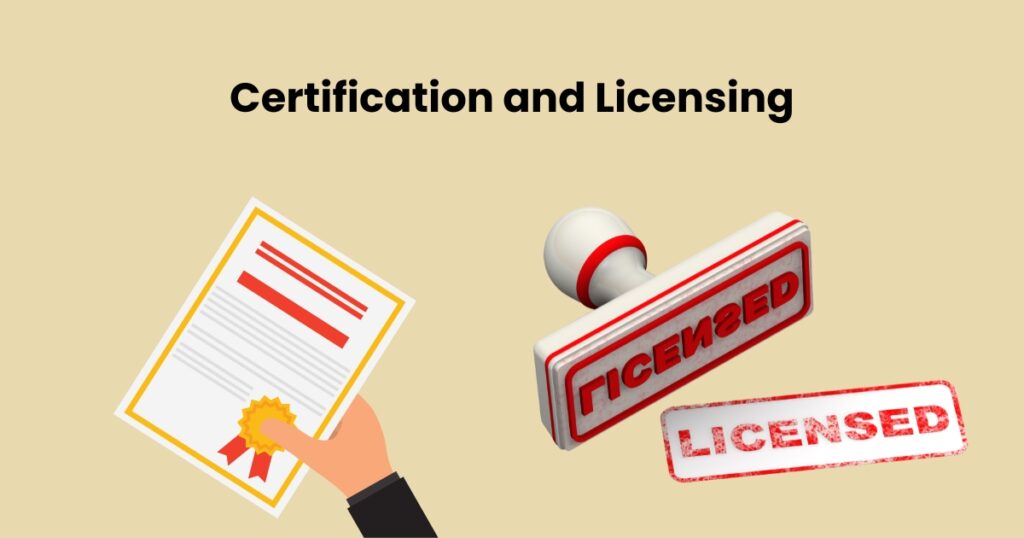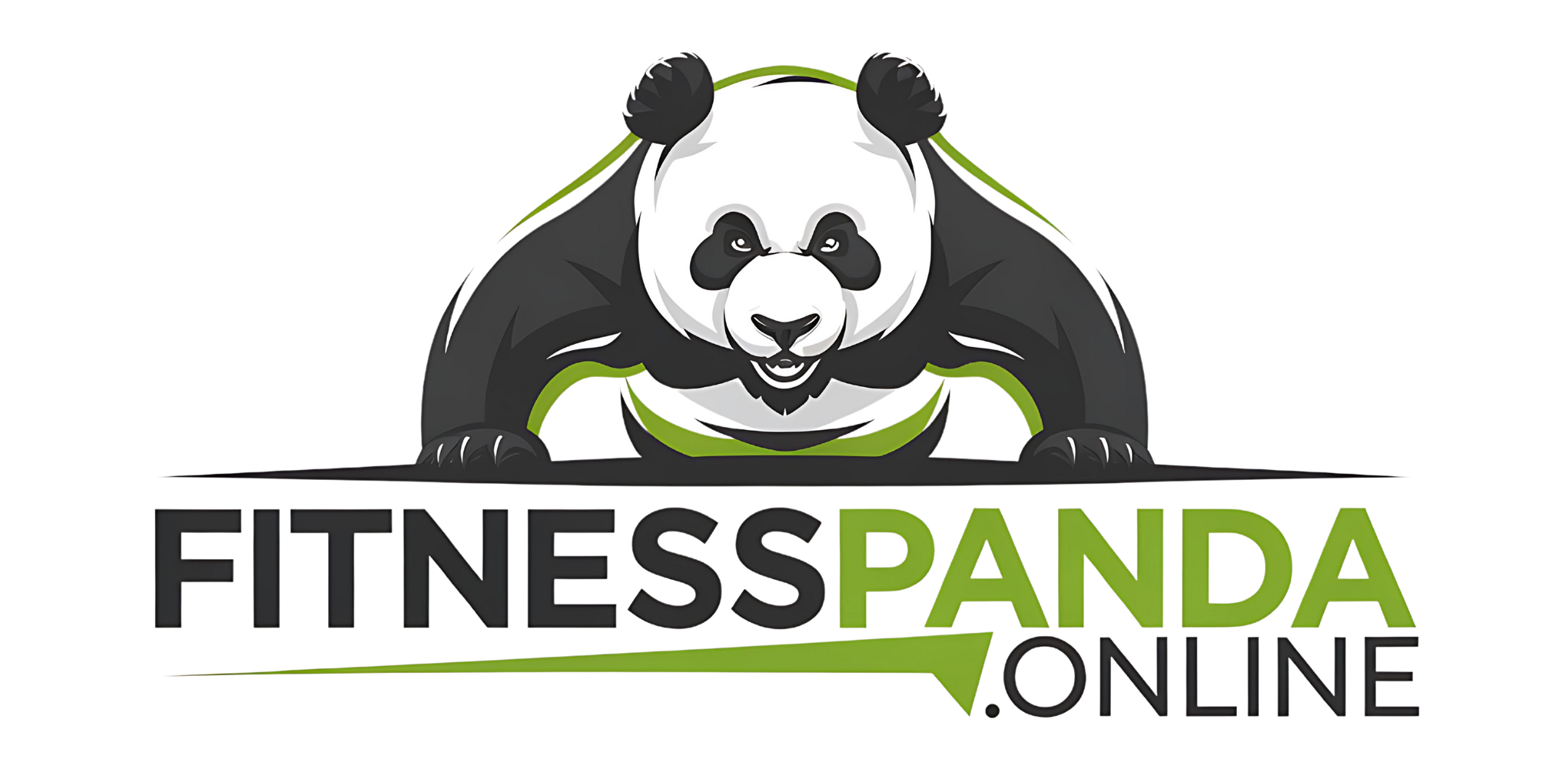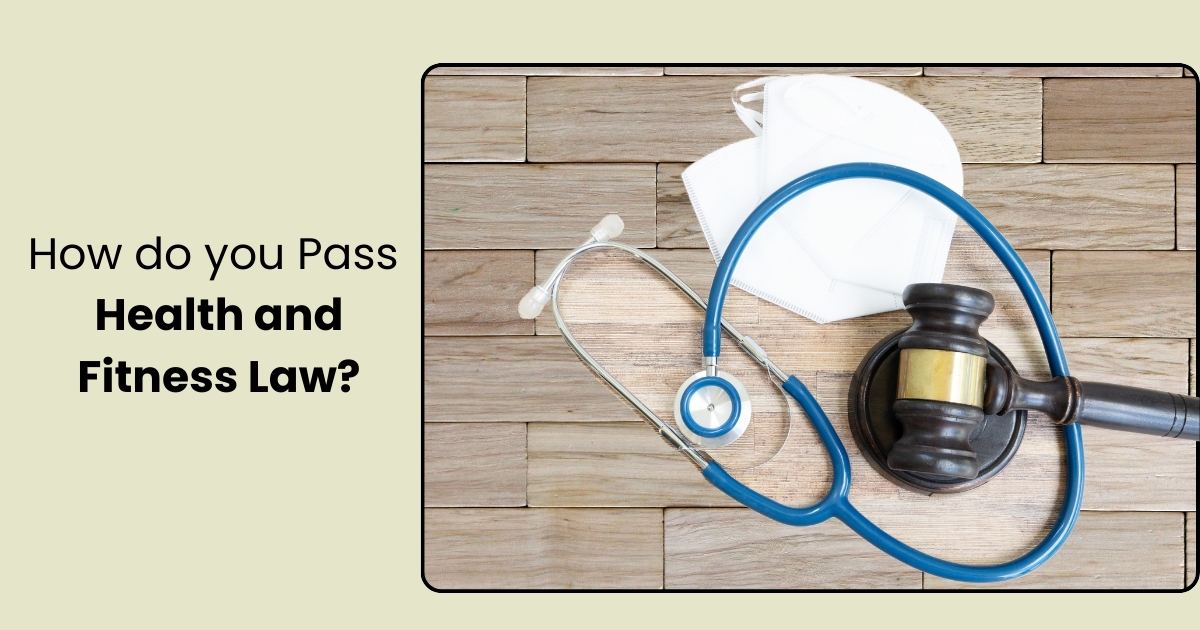Getting through the legal parts of health and fitness can be scary Whether you’re a trainer, gym owner, or wellness coach, knowing the laws that govern your industry is critical for maintaining and building up your business. In order to effectively serve clients regarding health and fitness law, an attorney must do more than merely be aware of the existence of a particular section in some penal code; he or she has to know what it means for them on the ground today, keep informed as that area evolves over time; and live out best practices with respect thereto. In this guide, you will learn everything that allows you to go through the health and fitness laws easily.
Health And Fitness Understanding Laws
With health and fitness laws in place, the safety of both clients and professionals is ensured. These regulations cover almost everything from liability and certification to facility standards and privacy. We want to provide our industry with the ability to work within boundaries that are safer and viable so everyone can continue making positive progress in fitness. Getting Yourself Acquainted with These Laws is the First Step toward Compliance
For example, fitness professionals in many countries and states are required to have certain certifications just so they can operate legally. Most of these certifications help confirm that the personal trainers have enough knowledge to direct their clients safely. Knowing these obligations will help you to escape legal fisheries, and enable your customers to stay.

Certification and Licensing
Why Is Certification and Licensing Important In Health And Fitness Law? It sets a baseline of what an individual should know and gives faith to the workers that you are working area specialists. Non-compliance with standards can result in fines, legal actions, or closure of business for many jurisdictions. So, not only is it illegal to provide care without the necessary certifications and training but we must also appreciate that they give us credibility with our clients.
Furthermore, keeping track of continuing education hours is vital. These courses allow professionals to keep their designation as some require individuals to earn credits every [amount of time] in order for them to renew. This quality control helps to keep fitness professionals up-to-date with the most recent health and safety protocols, exercise science improvements, as well as ethical concerns which results in reduced liability risk and higher client outcomes.
Liability and Risk Management
Liability is one of the greatest challenges for fitness professionals and facilities. Liability is the legal obligation a business or individual has in case they injure or harm the client while he is under their custody. This risk can be mitigated by having a well-structured risk management plan. A comprehensive insurance plan is necessary for this, like professional liability insurance for claims of negligence and malpractice.
Along with insurance, clear policies and procedures across the board can also help in reducing any risks. This includes ensuring all equipment is maintained and regularly inspected, having emergency plans in place, and providing training for their staff. Open lines of communication with clients about risks associated with various exercises, and gaining their explicit consent will also decrease your liability exposure.
Privacy and Data Protection
One of the important legal considerations for the fitness industry has been privacy and data protection, which is especially elevated with greater utilization of digital tools or online platforms. Client-sensitive data: Health and fitness professionals often collect health history, height/weight measurements if relevant to the goal of exercise, etc., names and addresses, and phone numbers. It is crucial that the data collected in this way be handled responsibly and, where applicable, compliant with privacy laws such as GDPR (in Europe) or HIPAA.
To help businesses comply with those laws, strong data protection policies must be implemented. This includes implementing secure digital platforms, restricting access to personally identifiable information, and regularly updating software in order to prevent data breaches as well as being honest with clients about what you intend to do with their personal information. Staff training in terms of data use will also be important to remain compliant and not damage client trust.
Standard and Equitable Access to Facilities
There are certain health and fitness standards under which the health centers should have to follow because they need to be available for every client. This may include adhering to building codes, cleanliness, and hygiene standards, and making sure that equipment is safe and in good working condition. Many regions also have regulations on the books (often in accordance with similar laws specifically protecting individuals dealing with various disabilities) about access that must be provided to those who need it.
It takes regular testing and maintenance to meet these standards. Those new to the industry must familiarize themselves with state and local building codes, health department regulations (when required), etc. Making sure your facility is accessible to differently-abled clients brings you into compliance with the law, increases who can use and do business at or out of your location, spreads greater inclusivity in the world overall, and improves community presence.

Compliance in Marketing and Advertising
There are also legal and regulatory norms around marketing and advertising in the health and fitness industry that should be followed. Promising that a fitness program does something which it really can’t or claiming to be certified when you are not, could get you sued, and ruin the trust in anybody who continues using someone with more lies than accomplishments. In addition, it is so important that all marketing materials are accurate, transparent, and compliant with advertising laws/regulatory body standards.
You have to advertise transparently. Do not overpromise or misrepresent what your service can deliver, and only use information that has a basis in evidence. Covering your assets with disclaimers and making sure any testimonials or endorsements used in marketing are authentic, provable representations will keep you compliant.
Runaway Truck Ramps and U.S. Labor Laws Hot Air
Ultimately, if you hire employees to work in your fitness business then it is important for you to be compliant with employment laws and have a safe working environment. This includes not only setting a minimum wage but also training provided for employees and the implementation of safety protocols. A safe workspace as a result not only keeps your staff in their best shape, but it also means that you reduce the risk of already worsened people through workplace accidents and therefore potentially lawsuits.
One of the important factors in this regard includes coming up with a complete Employee Handbook that contains enough detail about every policy affecting the workplace, including health and safety. Consistent training, such as first-aid protocols, emergency procedures, and how to use the equipment in a safe manner is also important for the safety of staff members and clients.
Keeping Up with Changes in the Law
The legal requirements of the health and fitness industry are very dynamic. It is key that you stay updated about these laws in order to remain compliant and not risk illegal practices across your business. Industry Newsletters and Organizations, Conferences/Workshops: Keep abreast of trends in the law by subscribing to industry newsletters, and participating in forums such as professional organizations or conferences/workshops.
PRACTICE CAUTION, STAY AHEAD IN ASKING LEGAL HELP TOO. Hiring a health and fitness attorney to offer advice based on their legal experience can be very beneficial for someone facing challenging situations. Working with a lawyer to regularly review your business practices and policies can help keep you in compliance & avoid liability down the road.
Compliance Best Practices
Adhering to best practices for compliance requires building a culture of irresponsibleness and continuous improvement in your college. It begins with leadership setting the example and reminding everyone else that they are serving marriage and family therapists, professionals working to maintain their most professional ethical standards. In addition, consistent training sessions, proper communication, and a strong emphasis on client safety and satisfaction will help you remain compliant.
In addition, a compliance checklist should be created that encompasses everything within your business certifications and insurance to privacy practices or facility standards. By reviewing this checklist often, you can catch problem areas to make sure that your company is always in compliance with the laws and regulations affecting it.
Conclusion
As a result, the implementation of these practices is not up to you; neither are they something that only applies now. Ensuring compliance, staying updated on regulations & legislation, and lawfully advertising your business) you can build a successful health and fitness brand. So, keep in mind that compliance is at best a moving target, and being able to stay ahead will allow you to make your way through the landmines of health & fitness law peacefully.

